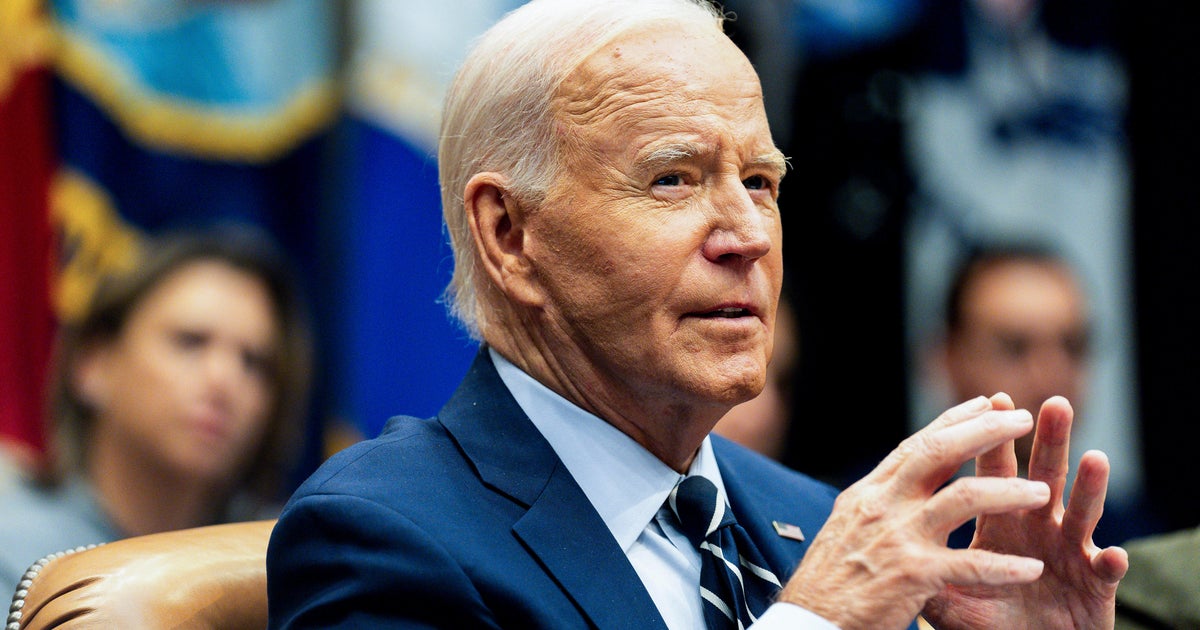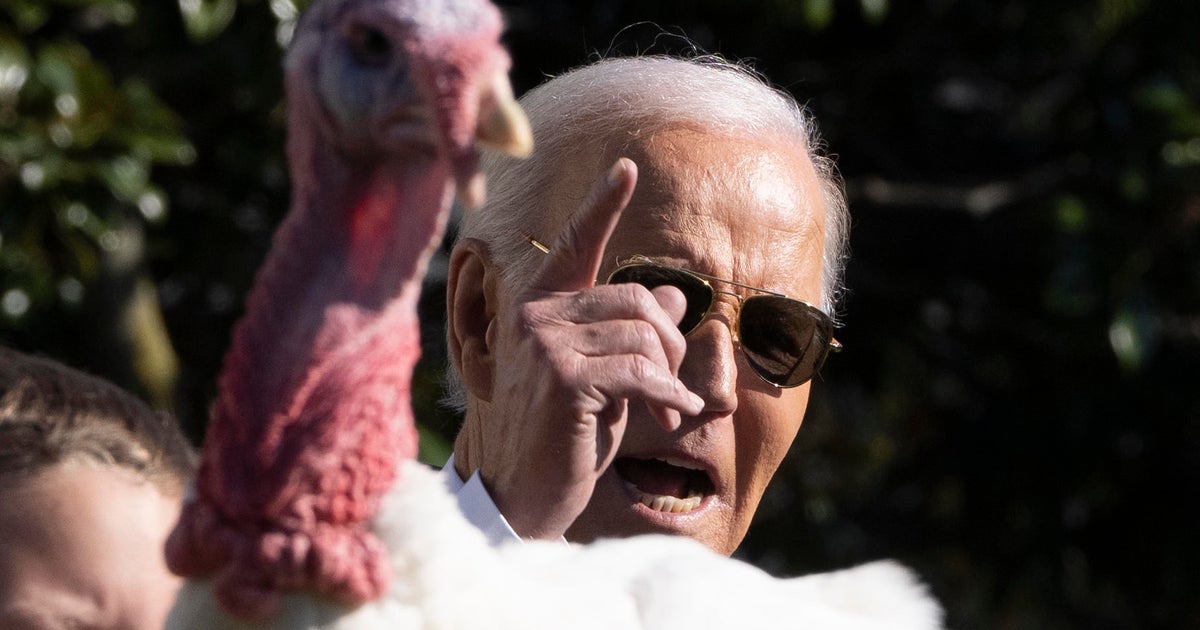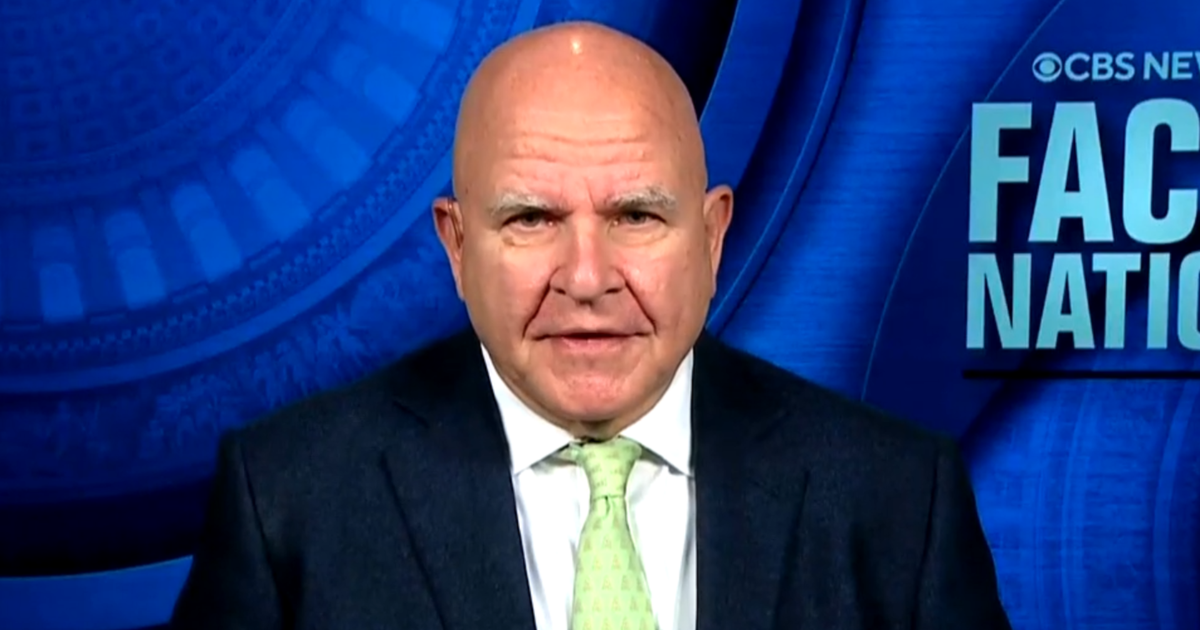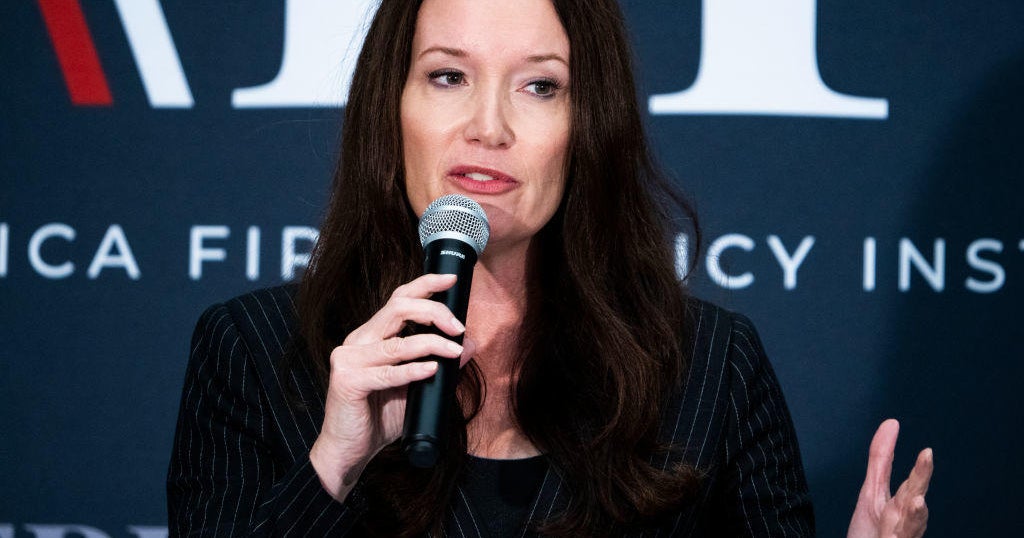Biden sweeps South in Super Tuesday comeback as Sanders stays strong in California
Washington — Less than two weeks after his campaign for the Democratic nomination appeared to be on life support, former Vice President Joe Biden executed a remarkable comeback on Super Tuesday, trouncing his rivals in Southern states with large African-American populations while capturing liberal strongholds that Bernie Sanders won four years ago. CBS News also projected that Biden will win Texas.
Biden assembled a broad coalition of support that delivered projected victories across the South in Virginia, North Carolina, Alabama, Arkansas and Tennessee, as well as Minnesota, Massachusetts and Oklahoma. In Virginia, Tennessee and North Carolina, exit polling showed more than 6 in 10 black voters went for Biden. That figure reached 72% in Alabama, where 46% of those who went to the polls were black.
California, the biggest prize of the night, was leaning towards Sanders as results trickled in Tuesday night, with young and Latino voters overwhelmingly going for the Vermont senator. Depending on the final tally, Sanders could potentially capture enough of the state's 415 pledged delegates to offset Biden's leads elsewhere, but it could take days before results in California are finalized, given the high number of ballots that were submitted by mail.
The former vice president excelled among moderate voters and older Democrats, winning 47% of those 65 and over in Super Tuesday states, according to exit polling. Michael Bloomberg was second with just 16%, followed by Sanders at 13%.
Many Democrats also said Biden was best equipped to defeat President Trump in November. Fifty-one percent of Virginia Democratic primary voters said Biden was the best candidate to beat Mr. Trump, far surpassing Sanders at 22%.
Taking the stage in Los Angeles as results continued to come in, Biden remarked, "They don't call it Super Tuesday for nothing," declaring it a "good night."
"Just a few days ago the press and the pundits declared the campaign dead, and then came South Carolina, and they had something to say about it, and we're told well when you got to Super Tuesday, it'd be over," Biden said. "Well, it may be over for the other guy. Tell that to the folks in Virginia, North Carolina, Alabama, Tennessee, Oklahoma, Arkansas, Minnesota and maybe even Massachusetts."
More than 1,300 delegates — roughly 30% of total pledged delegates — were at stake on the most important day of the Democratic nominating process thus far. Biden pulled into the lead early in the night, but Sanders began to close the gap as states in the West began to report results.
Texas, the second biggest prize, had 228 pledged delegates up for grabs. Roughly 31% of primary voters were Hispanic and heavily favored Sanders, while 20% of the primary electorate were black and heavily favored Biden.
Sanders picked up additional victories in his home state of Vermont, as well as Colorado and Utah. The contest in Maine was considered a toss-up. Warren came in third in Massachusetts, her home state, behind Biden and Sanders, raising questions about how long she could remain in the race.
Even if Biden emerges with an overall lead in the national delegate count, Sanders is set to pick up hundreds of delegates himself, an indication that the race could eventually and inevitably winnow to a two-man contest. The candidate with the support of at least 1,991 delegates at the Democratic convention wins the presidential nomination.
Speaking to supporters at his campaign headquarters in Essex Junction, Vermont, Sanders struck an optimistic tone about the future of his candidacy and heralded the "unprecedented grassroots multigenerational, multiracial movement" that he said will propel him to victory in November.
"Thirty-one years ago today we won the mayoral race here in Burlington, Vermont, and we won that race against all of the odds. Everybody said it couldn't be done," he said. "And when we began this race for the presidency, everybody said it couldn't be done. But tonight I tell you with absolute confidence we are going to win the Democratic nomination and we are going to defeat the most dangerous president in the history of this country."
For Bloomberg, Super Tuesday showed the limits of his billions. The former New York City mayor poured more than $233 million into ads in states voting on Tuesday, the first time his name was on the ballot. The result was a victory in the caucuses in American Samoa, where Bloomberg secured his first pledged delegates. American Samoa also gave Congresswoman Tulsi Gabbard of Hawaii her first delegate, as she finished second in the U.S. territory.
Bloomberg's campaign manager, Kevin Sheekey, told reporters Tuesday evening they would "assess" the state of the race after results were known.
Warren, meanwhile, indicated in a speech Tuesday night she has no plans to drop out, telling supporters in Detroit that "prediction has been a terrible business, and the pundits have gotten it wrong over and over."
After Biden finished in the middle of the pack in Iowa and New Hampshire last month, his resurgence was fueled by a strong debate performance just a week ago and a decisive victory in Saturday's South Carolina primary. The results in the Palmetto State revitalized his candidacy — he racked up endorsements in key states while his fellow moderates dropped out and endorsed him, allowing him to consolidate support from the party's moderate and establishment wings.
During a campaign stop in Dallas, Texas, on Monday evening, the former vice president snagged the endorsements of one-time Democratic presidential opponents, with former South Bend Mayor Pete Buttigieg, Senator Amy Klobuchar and former Texas Congressman Beto O'Rourke throwing their weight behind Biden. Biden credited Klobuchar for his victory in Minnesota, her home state, on Tuesday.
In making his pitch to voters, Biden says he is the candidate who will unite the country and has a proven track record, given his decades-long career as a U.S. senator and vice president. Voters don't want a revolution, but rather proven results, he told CBS News in an interview Monday, taking aim at Sanders, who vows a "political revolution."
Biden casts himself as the only candidate who can build on President Barack Obama's legacy, an argument that seemed to resonate with Democratic primary voters searching for an alternative to Sanders.
Exit polls showed that in the seven states where polls closed first, 46% believe the next president should return to Obama's policies, while 34% think there should be a change to more conservative policies. Just 14% believe the 46th president should adopt more liberal policies.



